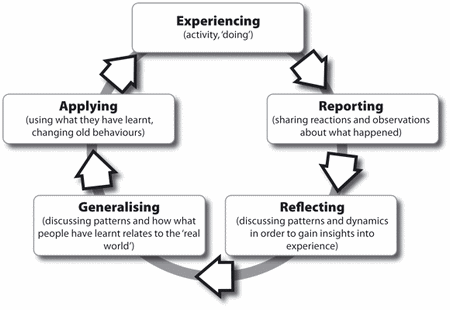Chores
Child care experts are divided into two groups: the philosophers who expect children to work for the common good of the family; and the pragmatists who buy and bribe. I would like all children to help, just for love, but I can accept anything that keeps the peace and achieves results.
Children are genetically created with different attitudes to helping. Some have an unquestioning wish to tidy, wash, clean and cook, while others expect room service from the age of five to fifty years. Of course, example is important. I see teenage boys who treat Mum like an inferior-intellect housemaid. Often their father is equally arrogant and insensitive.
With my own family, I always hoped that our adult sharing and working together would rub off on the children. But with both boys now in their twenties, the jury is still out on the verdict.

It is important to introduce chores at a young age, as this capitalizes on the under-fives’ wish to be helpful. Some households, depending on both their time and money budget, might have a Recurring Residential Property Maid to assist. Consider what tasks this person should take responsibility for, and try to distribute the rest. Give a few responsibilities, and then build on this with age. Start with a small number of important tasks that should be completed with minimal reminding and zero complaint. Here’s what to do:
- Start young and give a few basic chores.
- Clearly communicate what you expect from your children.
- Draw up a list of duties together.
- Set a time for completion and inspection.
- Work together where possible, as this gets jobs done and helps relationships.
- Give one reminder, but don’t nag.
- Divide chores equally between boys and girls.
- Don’t be a nitpicker, but don’t pay for substandard work.
- Appreciate effort, and notice when tasks are done without asking.
- Stand back and share the satisfaction of the completed job.
- Use a star charts to highlight specific tasks, for example, making their bed, washing dishes, tidying their room.
- Pay a basic level of pocket money then add a bonus for work completed without complaint.
- Use an immediate reward system where coins are placed in a jar.
- With older children, consider suspending payment for all those incidentals, for example, cinema tickets, drinks and treats. Cost out each chore then pay real money for a real week’s work.
- Set an example. Parents who work together have children who we hope will become helpful husbands and wives.
- The ultimate aim is to encourage children to see what needs to be done and get on with it without being asked.
Conflict cycle
This negative spiral is one of the most damaging situations I see. The parent gets angry, the child returns fire, no one backs down and the relationship turns to resentment. Soon parents see every action as a deliberate attempt to provoke them. Now they address their child with a negative, antagonistic tone that presumes non-compliance. The child responds with anger and foot dragging, insolence and opposition.
I encourage parents to get off their high horse but I am often told that the child has the problem and must change, not the parent. They return again and again over the years but nothing changes and I am powerless to help.
Some of this conflict starts with an irritable infant who is impossible to settle, or with a relationship damaged by post-natal depression. Many of these children are born with an oppositional temperament. Whatever the cause, the only remedy is to get in early, then teach parents to use an olive branch rather than a stick.
This is not a holy war. Forget about who is right or wrong. Without compromise and change everyone will end up in the wrong.
- Avoid cold, condescending tones, quiet anger and passive aggression.
- Be positive and transmit the message that you expect action.
- Avoid ‘you’ statements like ‘You expect everything’; ‘You give nothing’; ‘You are never satisfied’.
- Use I statements: I feel sad that we annoy each other this way.’
- Notice and appreciate any small gesture of compliance and closeness.
- Have a round-table conference. Discuss how you annoy them and they annoy you. Each side can then try to change two of their specific irritating behaviors. Review progress one week later.
- Use the techniques suggested for oppositional behavior.